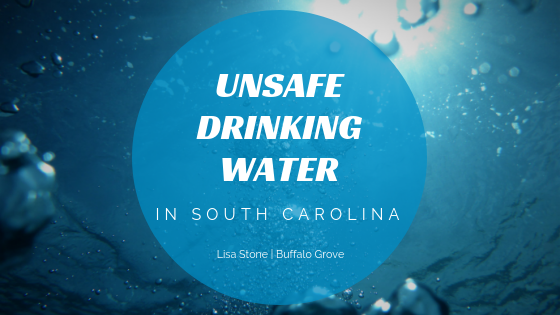South Carolina’s Department of Health and Environmental Control (DHEC) reports that there is an investigation concerning a chemical, HaloSan, that was not Environmental Protection Agency (EPA) approved but was approved by the state and has been placed into the drinking water of one of the city of Denmark’s four wells for the past 10 years. Clemson University, which oversees the state’s pesticide registration, ordered the state to stop adding HaloSan, and now the Cox Mill Well is not in use and remains offline.
Approximately 40 residents believe a risk assessment by EPA in 2007 that the water is the reason for various illnesses including kidney and bladder problems, skin rashes and redness, hives, swelling of and pain in the eyes, blisters, contact dermatitis, and more.
HaloSan is usually a disinfectant for spas and pools, and several experts that CNN contacted said they could not find any other case where it was an addition to a city’s drinking water.
The EPA says that the dosage of the chemical must be properly regulated when used for its intended pesticide purposes, and in Denmark’s drinking water it is unclear whether it was filtered or the dosage regulated by a required daily monitoring, which must be done by a certified system operator to ensure that the maximum allowed dosage is not exceeded.
The mayor of Denmark said that they thought it was a chemical that had been approved and relied totally on DHEC because it is DHEC’s responsibility to monitor, test, and advise. A spokesman for DHEC told CNN that it was of the belief that HaloSan was approved by EPA for use in drinking water because of the way it was advertised as certified and as an effective treatment to control iron bacteria.
The EPA told a CNN reporter that HaloSan had not been reviewed by its pesticide program that, by law, must have scientific data demonstrating that the product can perform its function without causing harm to people or the environment.
Many of the residents have various means of trying to cope with the situation. One couple drives 20 miles round-trip every month and fills empty bottles with natural spring water. Other residents use bottled water to drink, cook, clean chicken for dinner, wash faces, brush teeth, and to make ice.
As of the time of the CNN article, the makers of HaloSan, Berry Systems, had not responded to emails and many phone calls by CNN in a request for comments.
